Gendered violence; a PHSE topic?
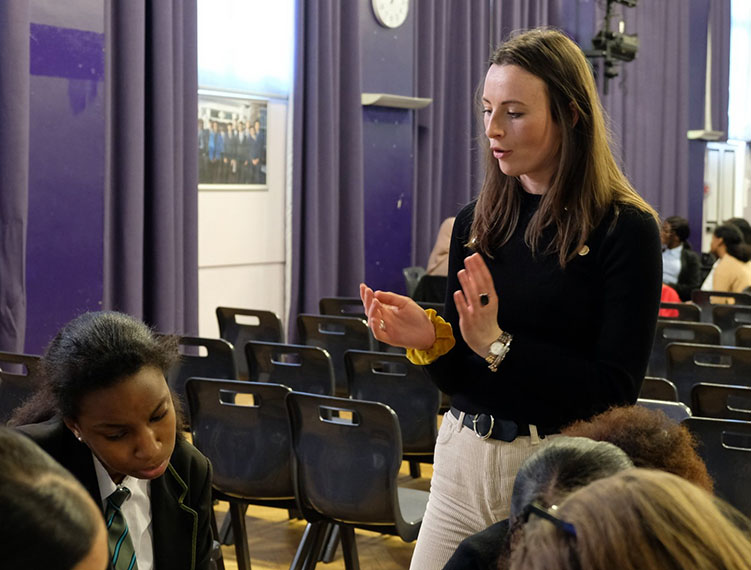
Myth-busting the place of gendered violence and inequality education within our school curriculum
The world of education has been rocked by the experiences of our young people across the country as revealed by Everyone’s Invited earlier in the spring.
In response the Government asked Ofsted to undertake an immediate review of safeguarding policies in state and independent schools and colleges in relation to sexual abuse.
For one innovative educator, Natasha Eeles, Founder of Bold Voices, these testimonials were well known.
Having identified the gaps in the RSHE guidelines several years ago, Natasha has been speaking up with a bold voice ever since.
Ofsted have now announced that they will work with representatives from social care, police, victim support groups, schools, colleges and the Independent Schools Council to get to the bottom of what is going on with national safeguarding. The review will seek to establish where safeguarding arrangements and processes are good, but more importantly, where there needs to be improvements made.
Bold Voices, has been working hard to highlight the gap in educational provision around the complex and emotive subject of gendered violence and gendered inequalities over the past few years.
Natasha launched her not for profit social enterprise in 2018 aged just 24, with an academic background rooted in the belief that all young people are deserving of an education free of gendered violence and inequality, Bold Voices delivers talks and workshops across the country to young people, teachers and parents.
After a seismic shift in national recognition of the overwhelming prevalence of this issue, what can we learn from the reaction of our schools over the past months and crucially, looking ahead, is there a solution?
“The good news is that there is – but there’s no silver bullet and no textbook that can change the underlying societal attitudes that have become so systemically embedded in our culture,” explains Eeles.
“The solution lies in a dramatic broadening of the awareness of this subject area within the entire curriculum, both inside and outside of the classroom. Recognising that gendered inequalities exist in every sphere escalates this topic way beyond its perceived place within the PHSE curriculum.
“We need to be equipping new generations with the understanding and ability to recognise the presence of these inequalities in all areas of life, not just within their personal relationships. By raising awareness, it’s easier to see how the seemingly small and unimportant actions that are the building blocks for acts of gendered violence, begin to contribute to this wider systemically damaging culture.”
Model the change
Hard on the heels of the publication of the new RSE curriculum and the urgent review requested by the Government, what can educators on the ground take away and realistically incorporate into everyday learning?
Eeles urges educators in all spheres to consider the way their content is presented:
“In the Humanities for example, is there an ‘unspoken’ story in the example you are presenting? History for centuries has been recorded and presented through the male lens – balancing this in the classroom leads to rich conversation and a sense of young people learning through their own reflection and facilitated conversation.
“In the sciences, use opportunities to vary the presentation of different kinds of statistics and in the very simplest terms, build awareness around the use of language and an equal use of gendered terminology.”
Eeles recognises that many teachers will already be incorporating this approach into their teaching methodology, however the key message here is consistency and a genuine commitment across an entire community to pledge to these changes.
If young people see these changes being modelled, and actions and words being steadily challenged, the ripple effect of positive transformation can happen.
Taking ownership of our role in ending gender inequality
Another noticeable shift over these past few months, is the willingness of educators to seek the education for themselves and a genuine acceptance that gendered violence and inequality isn’t an issue that can be dismissed as ‘someone else’s’ responsibility.
Eeles continues, “At Bold Voices, within our teacher training sessions and parent webinars, we are urging individuals to model the challenge and accept a sense of responsibility for the experiences of young people.
“Whether we like it or not, the world our young people are growing up in and the technology produced by it, was handed to them by us, and irrespective of the part we have each played, it’s imperative that young people see us take ownership of this. This in turn develops trust and leads to the collaborative learning outcome that can ultimately lead to long term change.
Theory into practice
If this all sounds theoretical, Bold Voices have put their knowledge and research to good use. Schools across the country are being invited to join their Ambassador Programme, drawing students, teachers and parents together to take part in a series of online sessions throughout the year, designed to leverage change, not just within their own school but across the wider community.
“This is a conversation, no matter how uncomfortable, for every generation to be having,” adds Eeles.
“It can feel like an overwhelming topic that demands a ground-breaking solution however, in reality, we have the tools for change.”
#FlipTheSexistScript calls for unlearning of gender stereotypes and the unpicking of social power imbalances
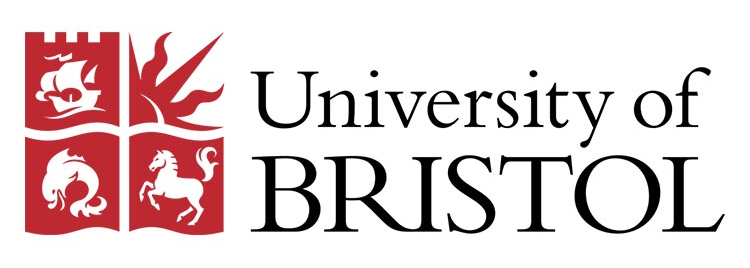
19th Jul 2021: Women’s Aid and University of Bristol launch research into the gendered experiences of justice and domestic abuse.
New research by Women’s Aid and the University of Bristol published in a report on the 19th July updates the evidence base on the gendered nature of domestic abuse. Gendered experiences of justice and domestic abuse shows that gender stereotypes play a significant role in women’s experiences of domestic abuse and set the scene for male abusive partners’ coercive and controlling behaviours.
The research involved the analysis of 37 in-depth interviews with female survivors of domestic abuse, identifying three key themes:
- household/relationship roles,
- sexuality and intimate partner relationships and
- mental health and domestic abuse.
It identified the harm caused by sexist stereotypes and social norms that sexually objectify women, create hierarchical division of roles in the home, and label women as “crazy” or over-emotional.
These stereotypes create barriers to female survivors being believed and supported to leave abusive men.
The findings further highlight the importance of responding to domestic abuse as a form of violence against women and girls (VAWG), and sufficiently funding safe, empowering spaces led by women for women.
Women’s Aid is currently running a national campaign calling for the government to require local authorities to fund specific domestic abuse services for women and ensure that the £125m statutory duty in the Domestic Abuse Act reaches local specialist women’s domestic abuse services.
Alongside the publication of the report, Women’s Aid is today launching a social media campaign #FlipTheSexistScript, calling for unlearning of gender stereotypes and the unpicking of social power imbalances.
Farah Nazeer, chief executive at Women’s Aid said:
“Our new research with the University of Bristol shows the extent to which gender stereotypes place the man in charge, cause power imbalances in the home and set the scene for domestic abuse.
“Female survivors described how their male partners held the view that as men, they should be the ones to make the decisions about the household. These decisions formed the basis of abusive and controlling behaviours — leaving women with no say in how the household is run and with an expectation for women to be sexually available and compliant. This is not what healthy, loving homes look like. Women’s bodies and lives do not belong to men.
“We need to build a world where harmful gender stereotypes and domestic abuse are no longer tolerated. To do this, we need to unlearn sexist gender stereotypes and unpick the power imbalances which are so engrained in our society.
“If the findings in today’s report have helped you spot the signs of an abusive relationship, please reach out for support. Women’s Aid is here for you.”
Professor Marianne Hester, Chair in Gender, Violence & International Policy, School for Policy Studies, at the University of Bristol said:
“This work is really important. It provides new and detailed evidence about the way domestic abuse is perpetrated and justified by men in relationships with women. The research shows the importance of countering sexist stereotypes, as they underpin and normalize domestic abuse against women.”
This research was made possible by a Knowledge Exchange Fellowship, funded by Economic and Social Research Council Impact Acceleration Award – ESRC IAA, between the University of Bristol and Women’s Aid. It was the first time a Fellow, in this case a researcher from Woman’s Aid, was brought into and temporarily based at the University of Bristol from a national charity.
7 in 10 disabled women say they’ve been sexually harassed at work
According to the latest research by Trades Union Congress (TUC), 7 in 10 (68%) disabled women surveyed about sexual harassment say they have been sexually harassed at work. 1 in 8 of those say they left their jobs because of this. Younger disabled women aged 18 to 34 are even more likely to have experienced sexual harassment, with almost 8 out of 10 (78%) reporting being harassed at work.
Further stats:
- Two-thirds (67%) of disabled women who experienced sexual harassment at work told the TUC that they did not report the harassment to their boss the most recent time it happened. Of these, the most common reason was that they did not believe they would be taken seriously (39%).
- Some said they were worried it would have a negative impact on their career or work relationships (30%). Other reasons included not thinking they would be believed (13%) or thinking they would be blamed if they reported the incident (11%).
- And unfortunately, of those who did report the most recent instance of sexual harassment, more than half (53%) said it was not dealt with satisfactorily.
Darren Hockley, Managing Director at DeltaNet International:
“No one has the right to create an intimidating environment or violate anyone’s dignity at all, and this includes within the workplace. Not only does sexual harassment have a detrimental effect on the victim’s mental health, but as the research has shown, 1 in 8 have left their jobs because of this. This behaviour affects employees’ careers and livelihoods.
“Organisations must create a safe environment for people to work in and creating a culture where everyone understands discrimination and harassment will not be tolerated. Ensure all staff take compulsory training with equality and diversity, preventing discrimination and harassment in the workplace to courses on respecting one another – this will help to clarify the behaviour that employees are expected to adhere to while in the workplace. Organisations must make the process easier for employees to raise grievances and challenge sexual harassment, so this type of behaviour never gets repeated to another colleague or person in general. Employees must recognise that their employer takes sexual harassment cases very seriously, and see that any issues get addressed straight away, so colleagues feel comfortable raising issues and know what they say matters.”


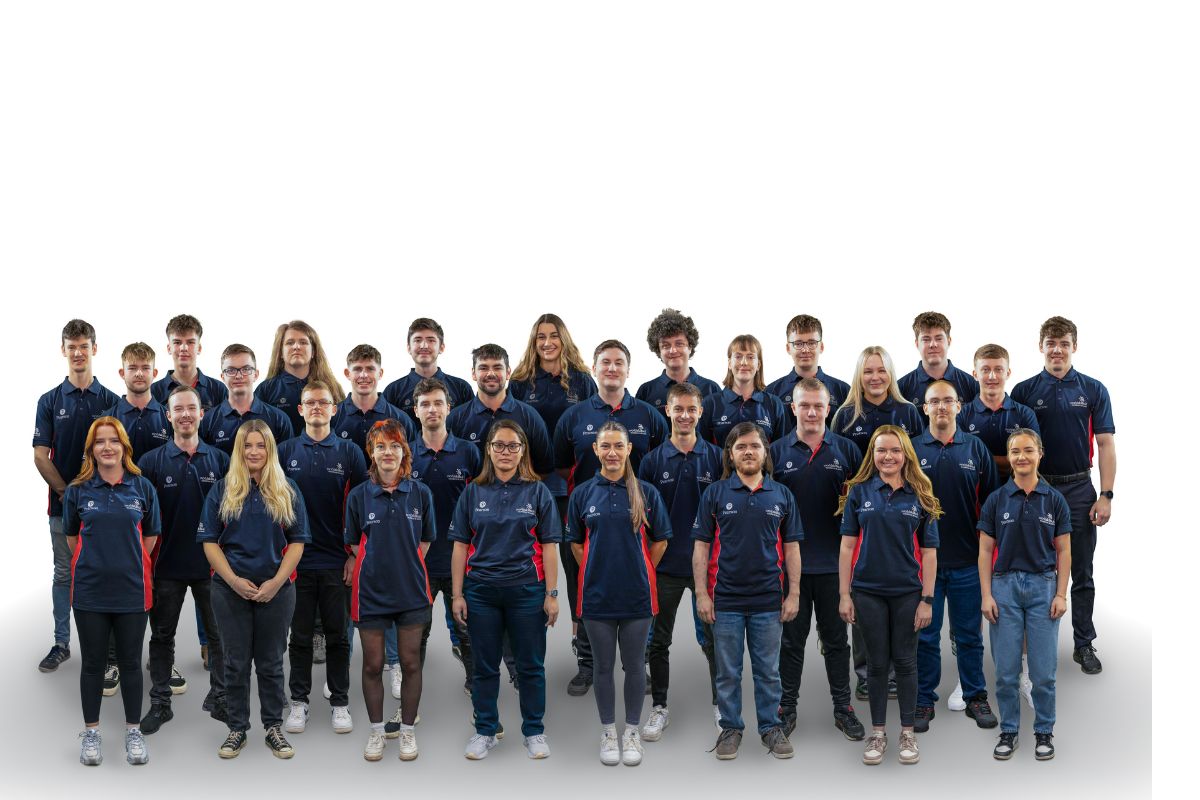
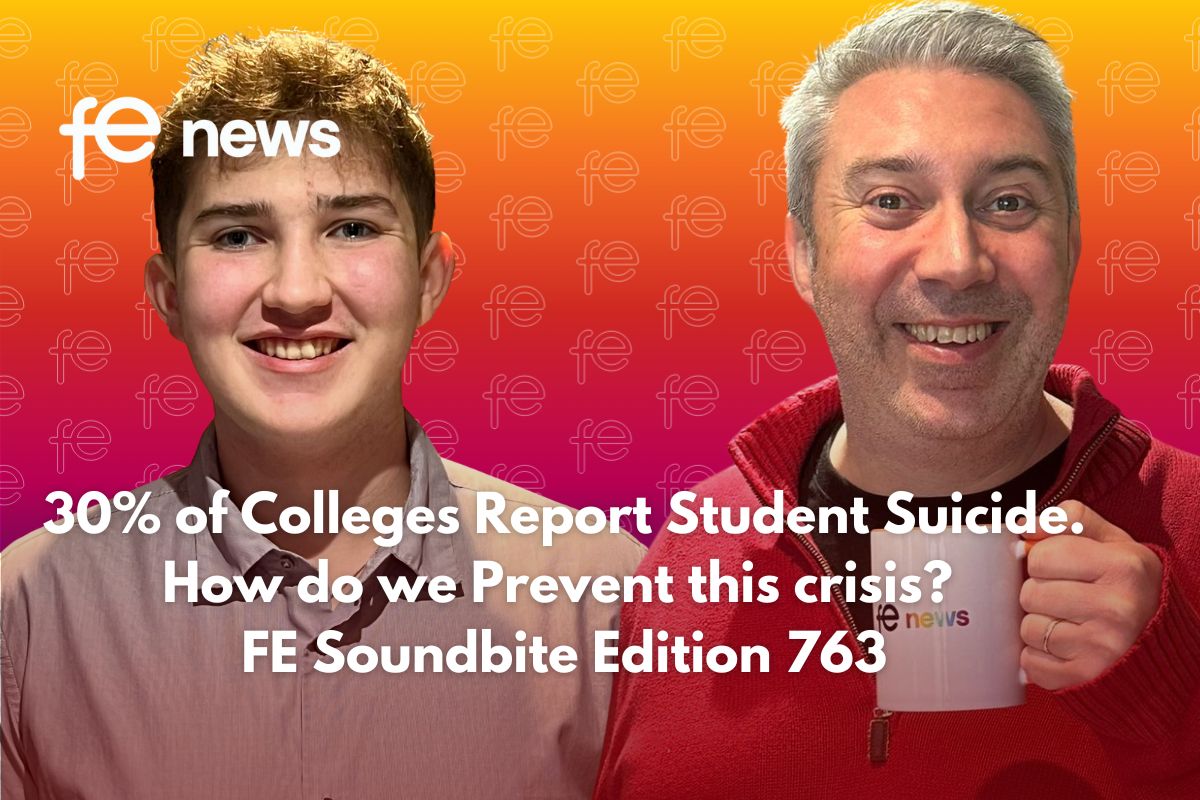
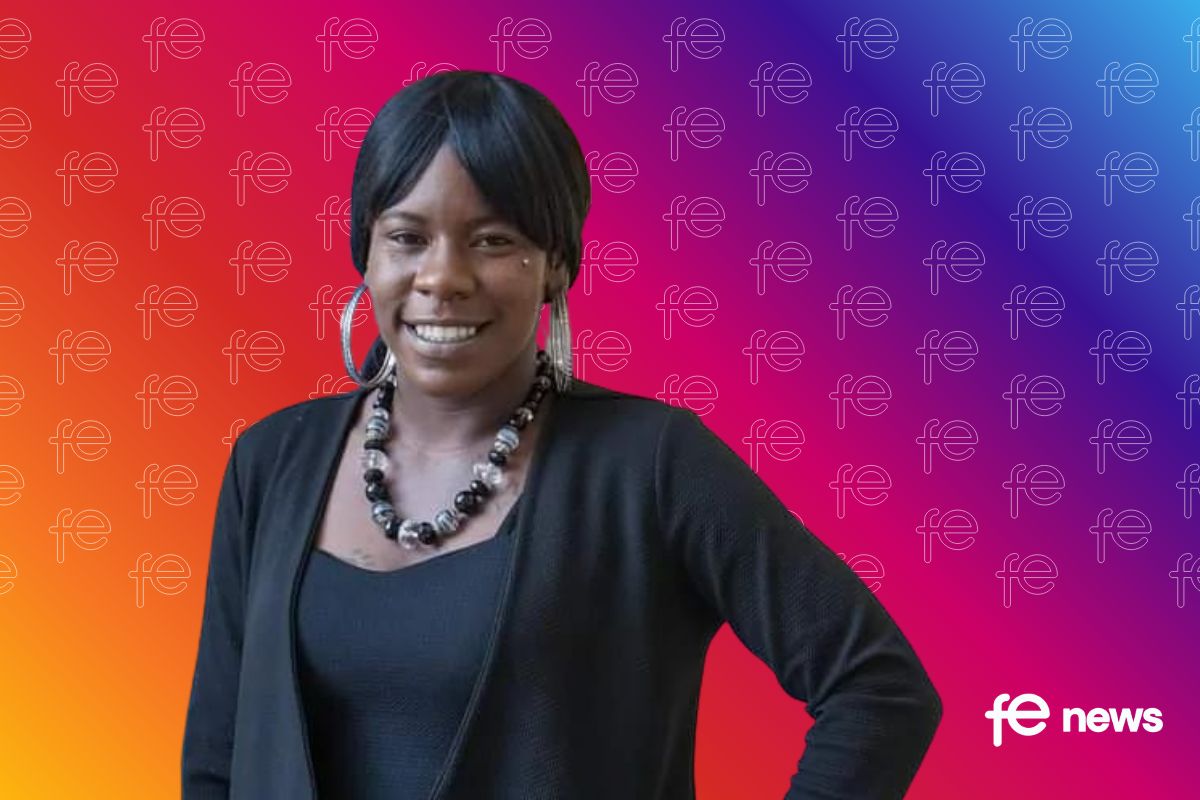






Responses